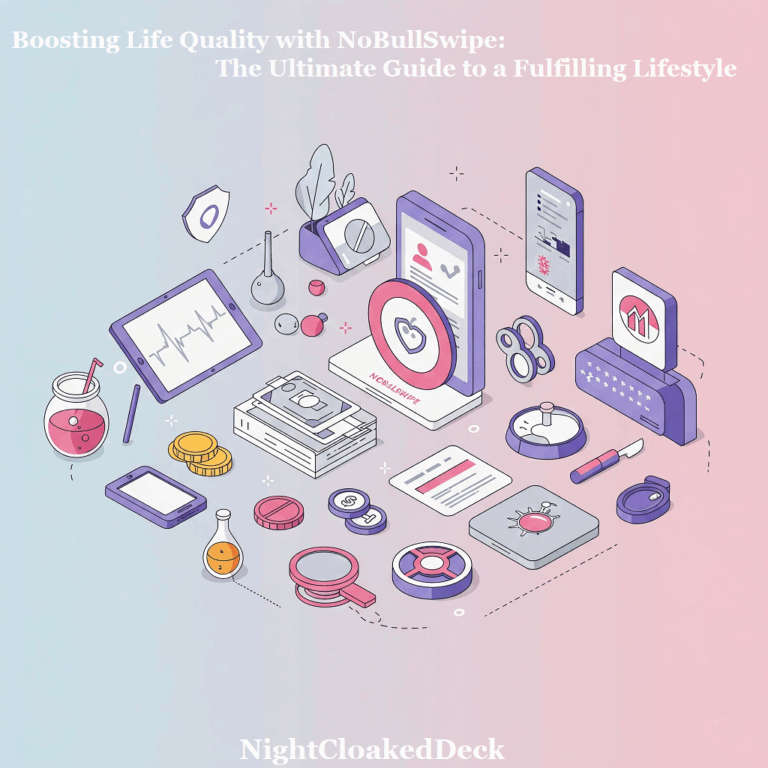The nightlife and entertainment industry offers a vibrant and dynamic career path for those who thrive in energetic environments. From club management to event planning, professionals have numerous opportunities to make a mark in this exciting field. This article explores various career options within nightlife and entertainment, providing insights into the skills required, potential job roles, and the industry’s unique challenges and rewards.
Understanding the Nightlife & Entertainment Industry
The nightlife and entertainment industry encompasses a wide range of establishments and activities, including nightclubs, bars, live music venues, theater productions, and festivals. This sector is known for its high-energy atmosphere and the need for professionals who can manage fast-paced, often unpredictable environments.
Key Career Paths in Nightlife & Entertainment
- Club Management
- Role: Club managers are responsible for overseeing the daily operations of nightclubs. This includes managing staff, coordinating with vendors, ensuring compliance with local laws, and creating a welcoming environment for patrons.
- Skills Needed: Strong leadership, excellent communication, financial acumen, and a deep understanding of customer service.
- Career Path: Start as an assistant manager or bartender, gain experience, and gradually move up to a management position.
- Event Planning
- Role: Event planners organize and coordinate events such as concerts, festivals, and private parties. They handle logistics, negotiate contracts, and ensure that events run smoothly.
- Skills Needed: Organizational skills, creativity, negotiation, and problem-solving abilities.
- Career Path: Begin with internships or entry-level positions with event planning companies, gaining experience to eventually manage larger events.
- Promoters
- Role: Promoters are responsible for marketing and selling events. They work to attract large crowds to nightclubs, concerts, and other entertainment venues.
- Skills Needed: Marketing, networking, social media proficiency, and salesmanship.
- Career Path: Start by promoting smaller events or working for established promoters, building a reputation and network.
- Performers and Entertainers
- Role: This includes DJs, musicians, dancers, and comedians who perform at various venues. Their primary job is to entertain and engage the audience.
- Skills Needed: Artistic talent, stage presence, and the ability to connect with an audience.
- Career Path: Develop your craft through practice and smaller gigs, gradually moving up to larger venues and audiences.
- Security Personnel
- Role: Security staff ensure the safety and security of patrons and staff at nightlife venues. They manage crowd control, check IDs, and handle any disturbances.
- Skills Needed: Situational awareness, physical fitness, conflict resolution, and customer service.
- Career Path: Gain experience through entry-level security positions, potentially moving up to supervisory roles.
- Bartending and Mixology
- Role: Bartenders and mixologists prepare and serve drinks to patrons. They often create unique cocktails and provide a friendly, engaging atmosphere.
- Skills Needed: Mixology knowledge, customer service, multitasking, and a good memory.
- Career Path: Start with bartending courses and entry-level positions, advancing to head bartender or mixologist roles.
Challenges in the Nightlife & Entertainment Industry
- Unpredictable Hours: Many roles in this industry require working late nights, weekends, and holidays.
- High-Stress Environment: Managing large crowds and ensuring everything runs smoothly can be stressful.
- Regulatory Compliance: Navigating local laws and regulations related to alcohol, noise levels, and safety can be complex.
- Health and Safety: Ensuring the safety of both patrons and staff is a top priority and can be challenging in high-energy environments.
Rewards of a Career in Nightlife & Entertainment
- Dynamic Work Environment: Every night can bring new challenges and opportunities, making the work exciting and varied.
- Creative Expression: Roles such as event planning, DJing, and bartending allow for significant creative input.
- Networking Opportunities: Working in nightlife provides the chance to meet a wide range of people, from industry professionals to celebrities.
- Sense of Community: Many who work in this industry develop strong bonds with their colleagues and regular patrons, creating a tight-knit community.
Tips for Success in Nightlife & Entertainment
- Build a Strong Network: Networking is crucial in this industry. Attend industry events, connect with other professionals, and build relationships.
- Stay Updated: Keep up with the latest trends in music, entertainment, and nightlife to stay relevant.
- Hone Your Skills: Continuous learning and skill development are essential. Consider taking courses in event management, mixology, or other relevant fields.
- Maintain Professionalism: Despite the casual atmosphere, maintaining a professional demeanor is important for long-term success.
- Prioritize Health and Safety: Ensure that all events and venues comply with health and safety regulations to protect patrons and staff.
Conclusion
A career in nightlife and entertainment can be incredibly rewarding for those who thrive in dynamic, high-energy environments. Whether you’re interested in managing a nightclub, planning events, promoting concerts, or entertaining audiences, there are numerous opportunities to explore. By understanding the industry’s unique challenges and rewards, building a strong network, and continuously developing your skills, you can navigate a successful and fulfilling career in this vibrant sector.






